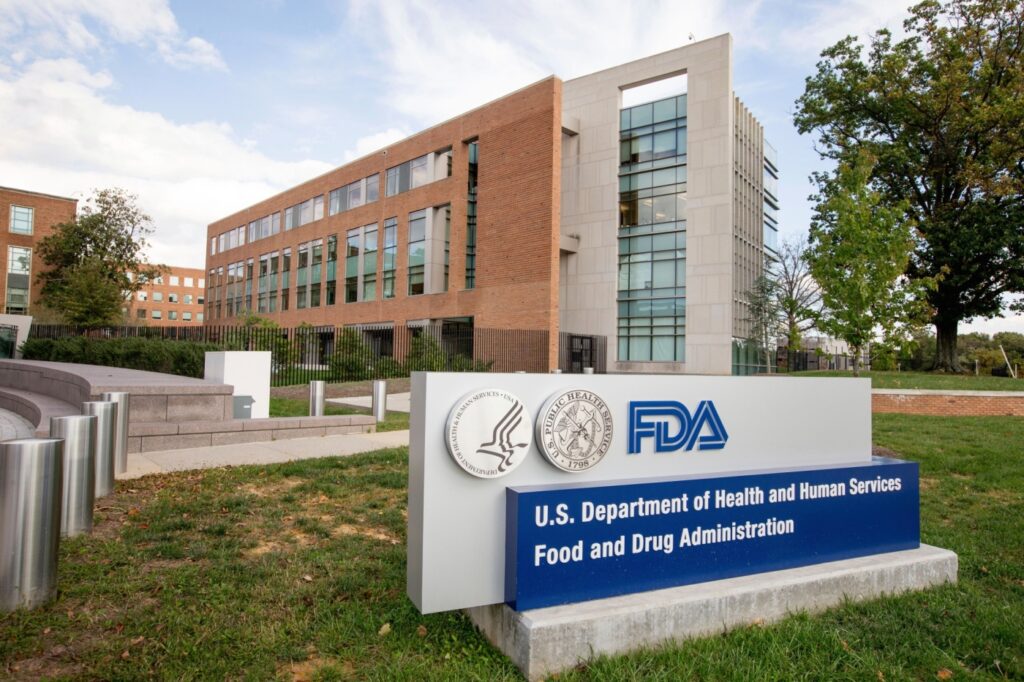
In what may end up being the most colossal bureaucratic red tape blunder this year, President Biden’s nomination for the Food and Drug Administration commissioner is now delayed due to a reported missed paperwork deadline that occurred last month. Dr. Robert Califf’s confirmation hearing to lead the FDA, arguably the nation’s most-important health-related agency during this global pandemic, is now likely delayed until after the new year.
Having previously led the agency under President Obama, Dr. Califf’s track record is well-known. But we live in a world of rapid advances in personalized medicine, wearable technology and ground-breaking treatments — and in this era of growing medical innovation, it’s particularly important that Americans understand the commissioner’s vision for guiding the agency.
Will we see a leader who will embrace and drive these advances forward? Or will we have an agency that hinders innovation through the same kind of bureaucratic red tape that has now stalled Dr. Califf’s nomination?
The answers to these questions have enormous influence over Americans’ daily lives and, in some cases, can ultimately be matters of life and death.
Take, for example, Owlet. The company’s “Smart Sock” operates as a sleep monitoring device for babies.
Most anyone who has ever been responsible for a baby for the first time can understand the sheer exhaustion of that task, coupled with the compulsion to frequently check to ensure the baby is well.
Owlet’s product offered parents a technological tool to help them do that by tracking vital signs via specially made socks.
Despite the fact that it has been validated by third parties and used in multiple countries around the globe with no reported safety concerns, this product is now being pulled from U.S. markets as being a “medical device.”
The FDA has “a plan” to expedite the approval of these types of diagnostic devices, but it has never fully implemented the new approach.
Or take the fact that the U.S. continues to lag behind countries such as Germany where dozens of self-antigen tests are on the market. Almost two years into the COVID-19 crisis, and now facing the threat of yet another variant that may be vaccine-resistant, the FDA has authorized only six companies to sell rapid antigen tests over the counter and two molecular at-home tests.
It may be astonishing to some that the FDA wants 55 years to fully respond to a Freedom of Information Act (FOIA) request from medical researchers for COVID-19 vaccine data. FOIA requires agencies to disclose public information when requested unless that information is clearly exempt from disclosure under the statute. Yet the FDA routinely refuses to follow the law, leaving Americans in the dark about how the agency makes life-or-death decisions.
The Goldwater Institute has repeatedly sought information from the FDA, taken legal action against the agency and has even prevailed in years-long federal court battles. More recently, Goldwater asked why the FDA interfered with a doctor’s treatment recommendations for his dying patient. After all, the FDA is not supposed to regulate the practice of medicine. So far, the FDA has ignored that request, and our attorneys are now exploring legal options to compel the agency to disclose this information.
But it shouldn’t take years and an army of lawyers to learn how and why the FDA makes decisions about who gets access to treatments, especially when those decisions can have tragic consequences. That information should be made readily available to all Americans with transparency, not secrecy, as the agency’s default.
Related Articles
State right to rebuke shady stadium deal
Our state once again wins the hellhole prize
An ‘investment’ that we can do without
High time to squelch the anti-vaccine lies
Big utilities are winning the battle over solar power
The FDA wields enormous power over our individual lives, and this has been laid bare during the pandemic.
But we should not forget that it also has the power to let anxious parents rest easier knowing that their precious baby is sleeping safely, reject a leading specialist’s recommended treatment for their terminally ill patient, or keep secret, in violation of federal law, how it uses its authority to make life-or-death decisions.
And as Dr. Califf’s nomination moves forward in the weeks ahead, Americans ought to pay attention to where he comes down on these matters, because those answers may have huge ramifications for the future of medical innovation in America and, for some, for their own or a loved one’s ability to obtain the treatment that their own doctor believes is best.
Naomi Lopez is the director of healthcare policy at the Goldwater Institute. She is a contributor to the Goldwater Institute’s set of landmark FDA reform proposals, “Putting Patients First: Unleashing Innovation in American Healthcare.”
